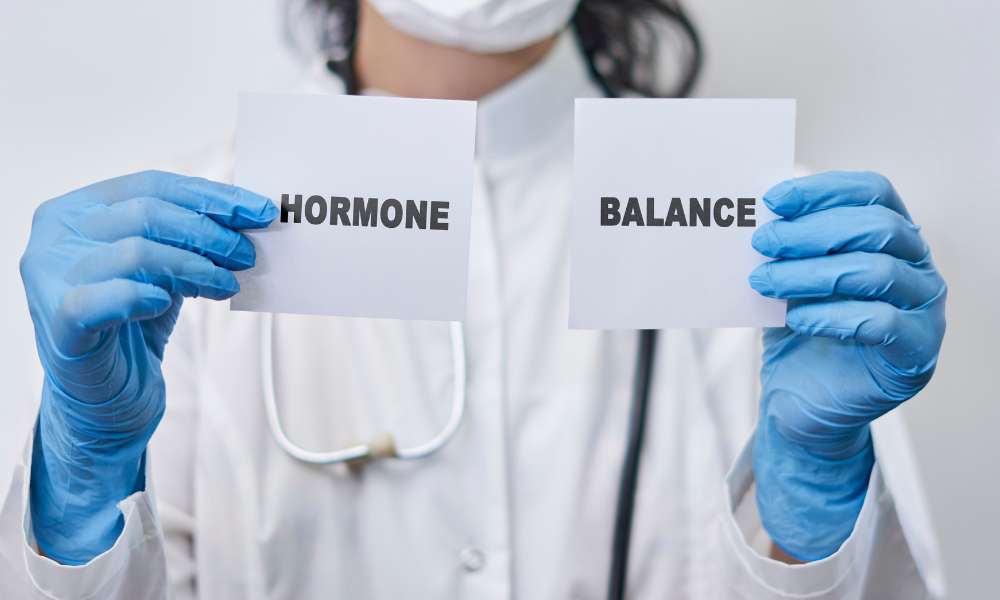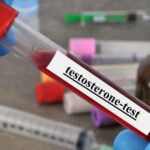When it comes to managing the symptoms of hormonal imbalance, hormone replacement therapy (HRT) is often heralded as a beacon of relief. At St. Johns Wellness, we understand the complexities and intricacies involved in hormonal health and are committed to helping our patients navigate their options with informed choices. But what exactly does HRT do? Let’s delve into the mechanics of HRT and its broad implications for health and well-being.
Understanding Hormone Replacement Therapy
Hormone replacement therapy primarily aims to restore hormone levels to a more youthful state, thereby alleviating the symptoms associated with their decline. This therapy can involve the replacement of one or several hormones, depending on the individual’s specific needs. The most commonly replaced hormones are estrogen, progesterone, and testosterone.
Alleviating Menopausal Symptoms
One of the primary applications of HRT is in the treatment of menopausal symptoms in women. As women approach menopause, the production of estrogen and progesterone by the ovaries diminishes, leading to symptoms like hot flashes, night sweats, mood swings, and vaginal dryness. By supplementing these hormones, It can significantly reduce these discomforts and improve quality of life. Studies have shown that HRT is particularly effective in treating hot flashes, which are experienced by up to 75% of menopausal women.
Impact on Bone Health
Estrogen plays a critical role in maintaining bone density. The decline in estrogen during menopause can accelerate bone loss, increasing the risk of osteoporosis and fractures. It has been proven to help maintain bone density and reduce the risk of osteoporotic fractures in postmenopausal women. This protective effect is most pronounced when HRT is started soon after menopause and continued for at least five to ten years.
Cardiovascular Health
The role of HRT in cardiovascular health is complex and has been the subject of extensive research and debate. Initially, it was believed that HRT had a protective effect against heart disease, mainly because estrogen helps maintain flexible arteries. However, subsequent studies have shown that the timing of therapy initiation is crucial. Starting HRT closer to menopause may have a protective effect on the heart, while starting it later can increase the risk of cardiovascular problems.
Psychological and Cognitive Benefits
HRT may also have positive effects on mental health. The hormonal changes of menopause can lead to mood disturbances and cognitive decline. There is evidence suggesting that HRT can improve mood, reduce the risk of depression, and help maintain cognitive functions, especially when started early during the menopausal transition.
Considerations and Risks
Despite its benefits, This is not without risks. It can increase the likelihood of certain types of cancer, including breast and endometrial cancer, particularly when estrogen is taken without progesterone. The risk varies depending on the type of hormones used, the dosage, and the duration of therapy. It’s important for anyone considering HRT to discuss these risks with a healthcare provider, like those at St. Johns Wellness, who can offer personalized advice based on individual health profiles and medical histories.
Conclusion
Hormone replacement therapy offers significant benefits for those struggling with the symptoms of hormonal imbalance, particularly during menopause. However, the decision to start HRT should be made with a comprehensive understanding of the potential benefits and risks. At St. Johns Wellness, our approach is to empower our patients with knowledge and guide them through making informed decisions about their hormonal health. By addressing individual needs and concerns, we strive to optimize health outcomes and enhance the quality of life for our patients. If you’re considering HRT or have questions about what HRT can do for you, contact us today to learn more and find out if it’s the right choice for you.





